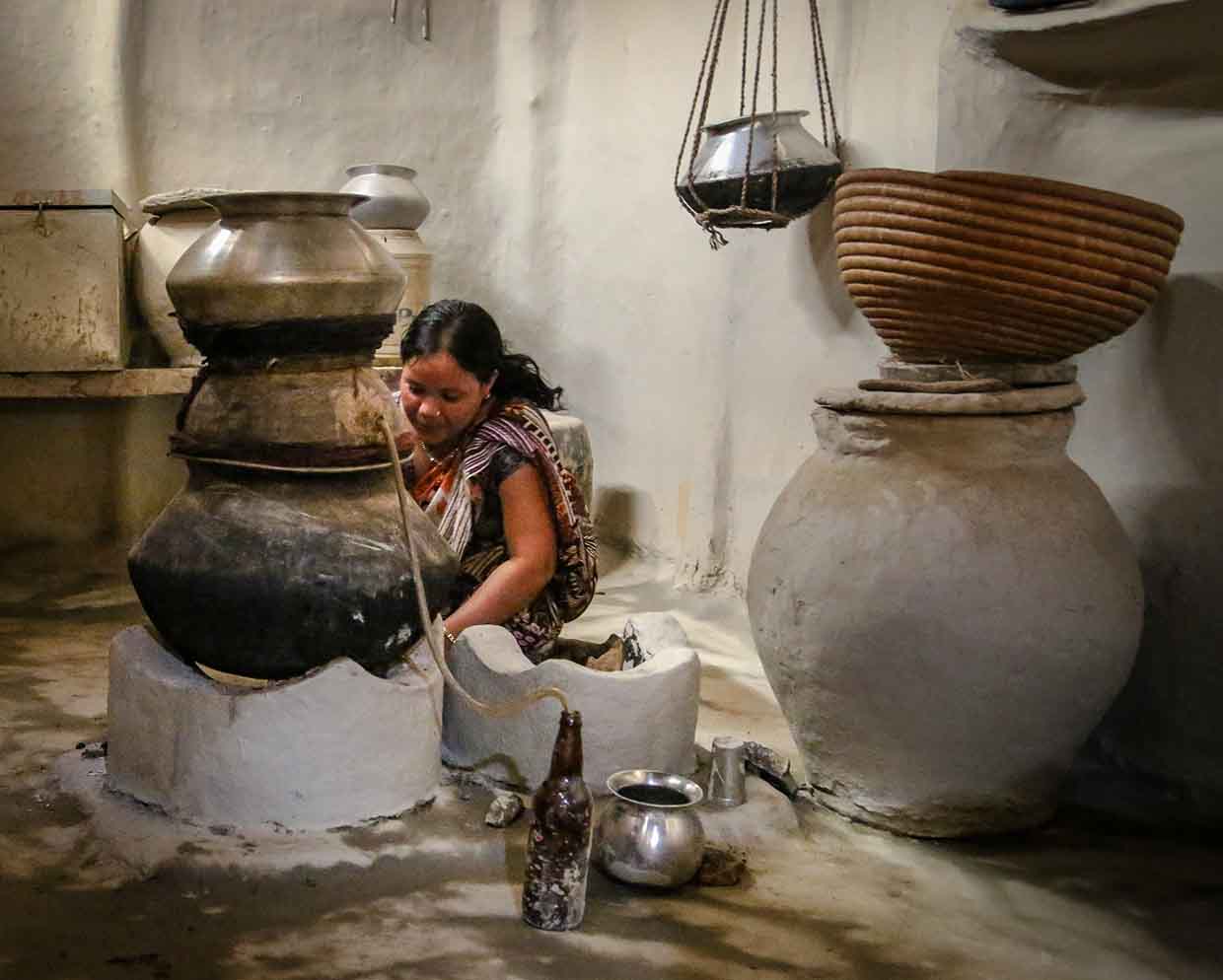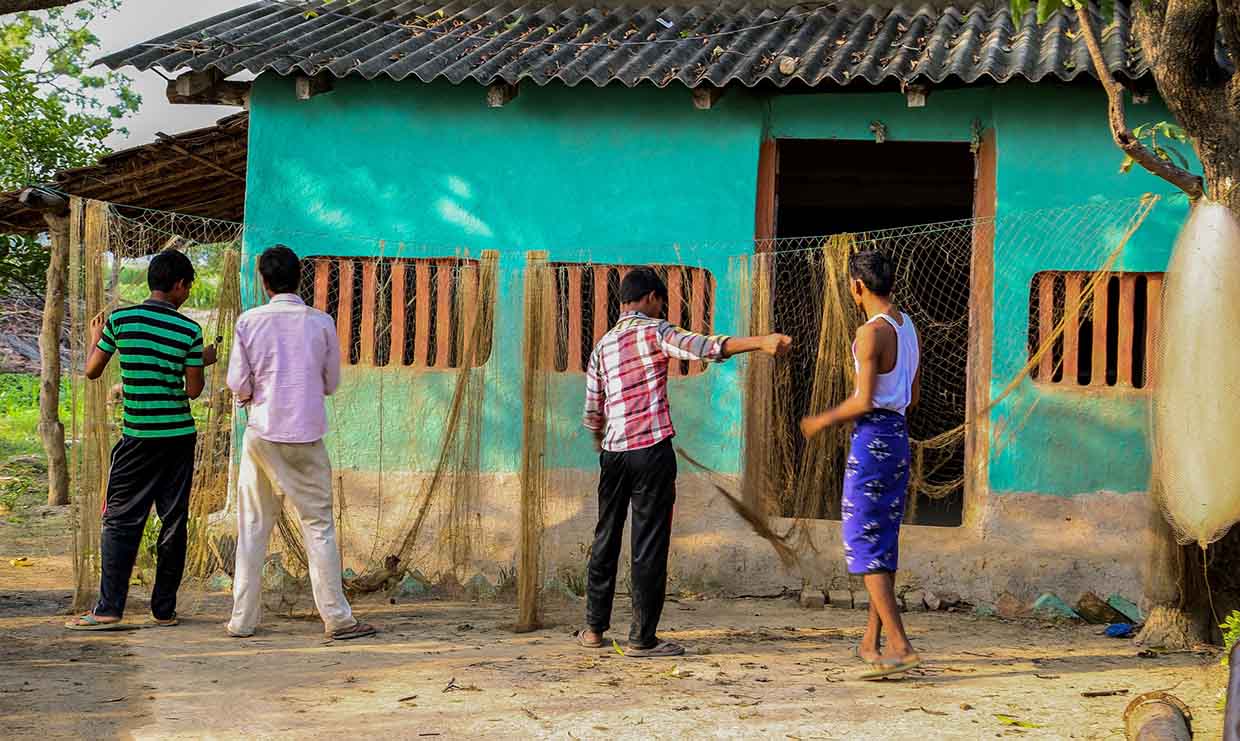

Sukhman Dhillon explores the Tharu tribe and their fast eroding
culture in the face of modernity
The Tharu people, literally translated to people of the forest, are an ethnic group indigenous to the southern foothills of Himalayas or the Terai region as it is generally known. Until the 1950’s, they lived in complete isolation from the modern world and relied on primitive methods for sustenance. With no written history, their sociological records have been hard to keep although they do have an oral tradition of story telling. Until fifteen years ago, it was a matriarchal tribe and women occupied the center of the household. Most Tharu women introduce themselves as descendants of Rajasthani queens who fled to the Terai in times of war, and their men as servants of the royal household. As years passed, due to conservation and eco-tourism most forests were made into national parks. Even though the Tharus were given land outside the forest, they were in constant conflict with the authorities for extraction of fire wood, fish, fruits and herbs. This, more than anything, was a huge cultural loss. Special medicines, food and drinks which could only be prepared using ingredients from the wild were now suddenly inaccessible.
They also found themselves in a social construct which was not only new but also intimidating. Factors such as displacement, assimilation and poverty led to rapid erosion of their ancient pagan culture. Over the years, their dialect mixed up with the vernacular, festivals lost their meaning and cultural ceremonies stopped. The most prominent was the loss of the traditional dress and ornaments of the Tharu women which were a treasured and proud aspect of their existence. This was largely because men from other communities were unable to handle their empowered existence. Their traditions were ridiculed and their clothes were termed vulgar and too sexy, which lead to mass exploitation in the form of rape, bonded labour and abduction.
Though modernisation has provided education, employment, better health care and a new lifestyle to Tharu women, these benefits have come at a dear cost. At a time when women are getting empowered every day, the tribe has let down its women by weakening their position, both at the home and in the world. In order to adjust to the economic and social realities, they have no real choice except to adapt to modern times.


